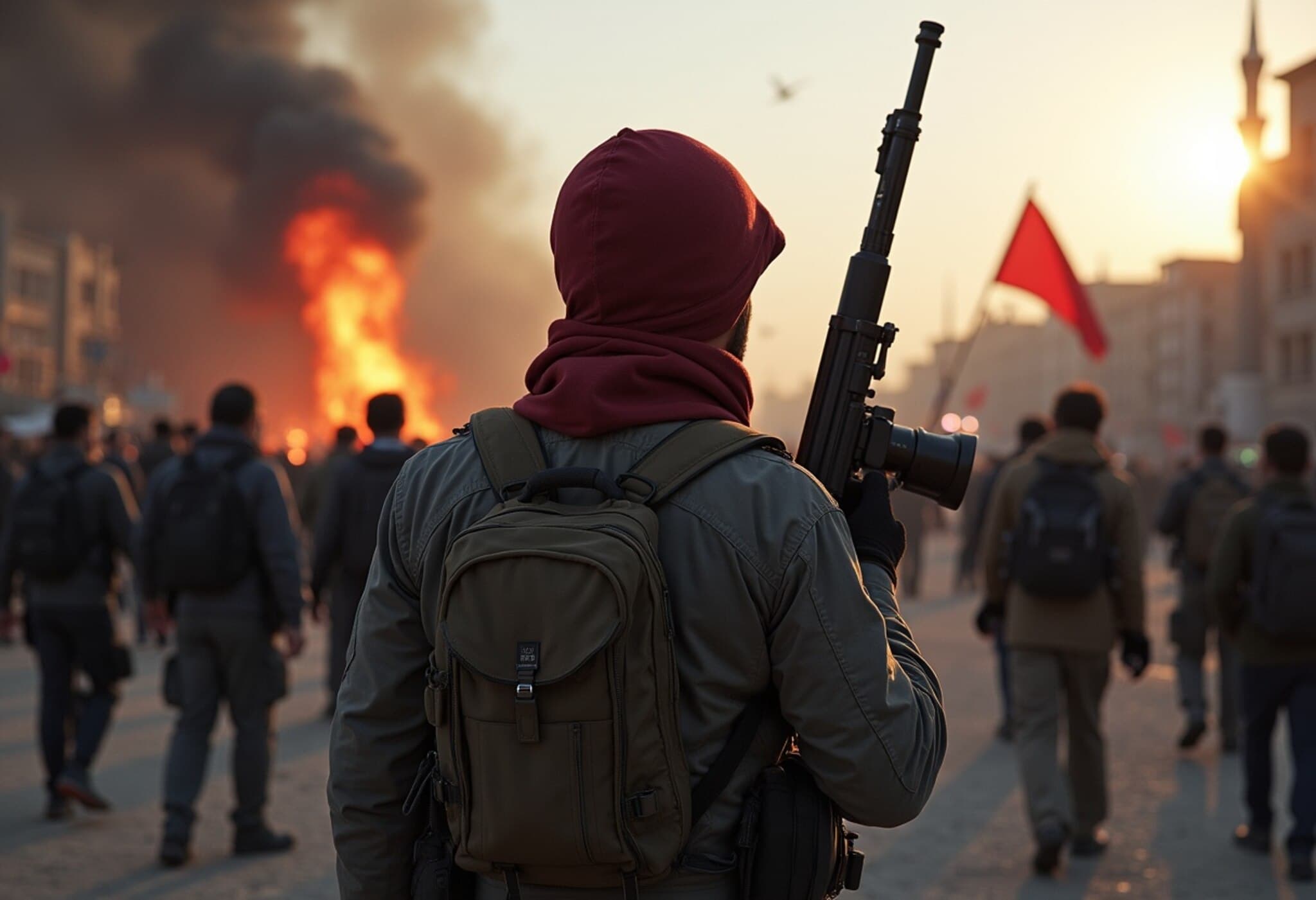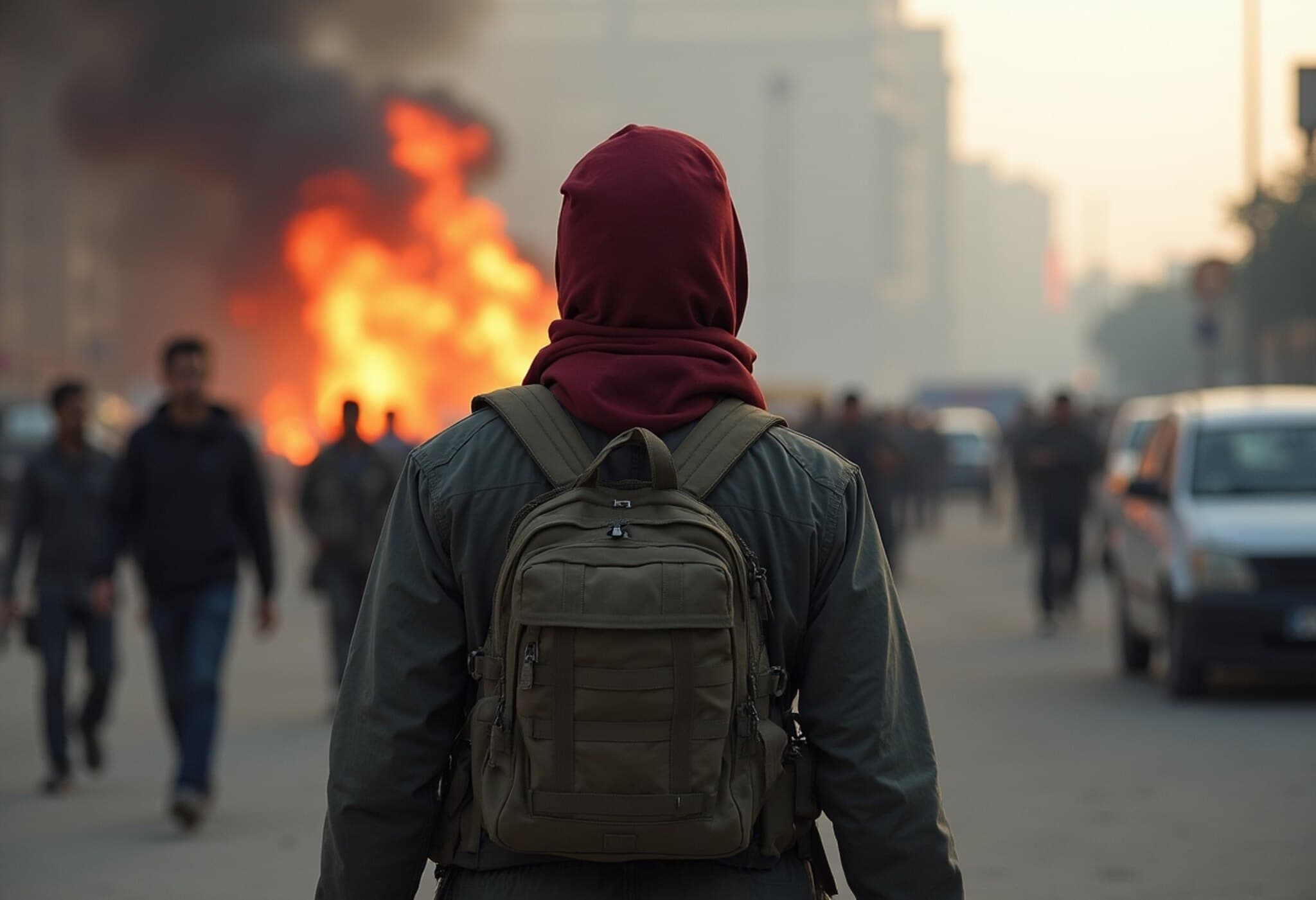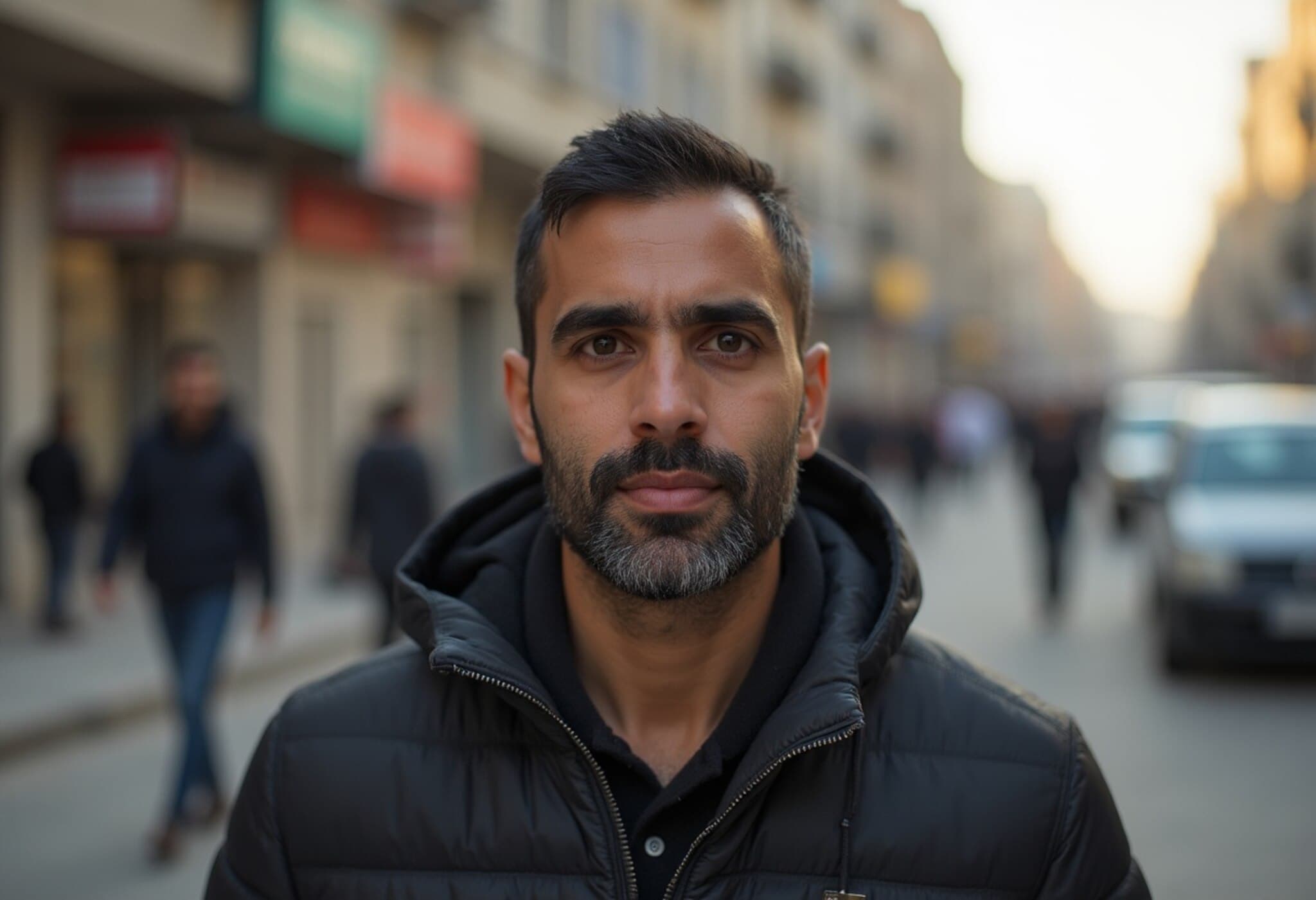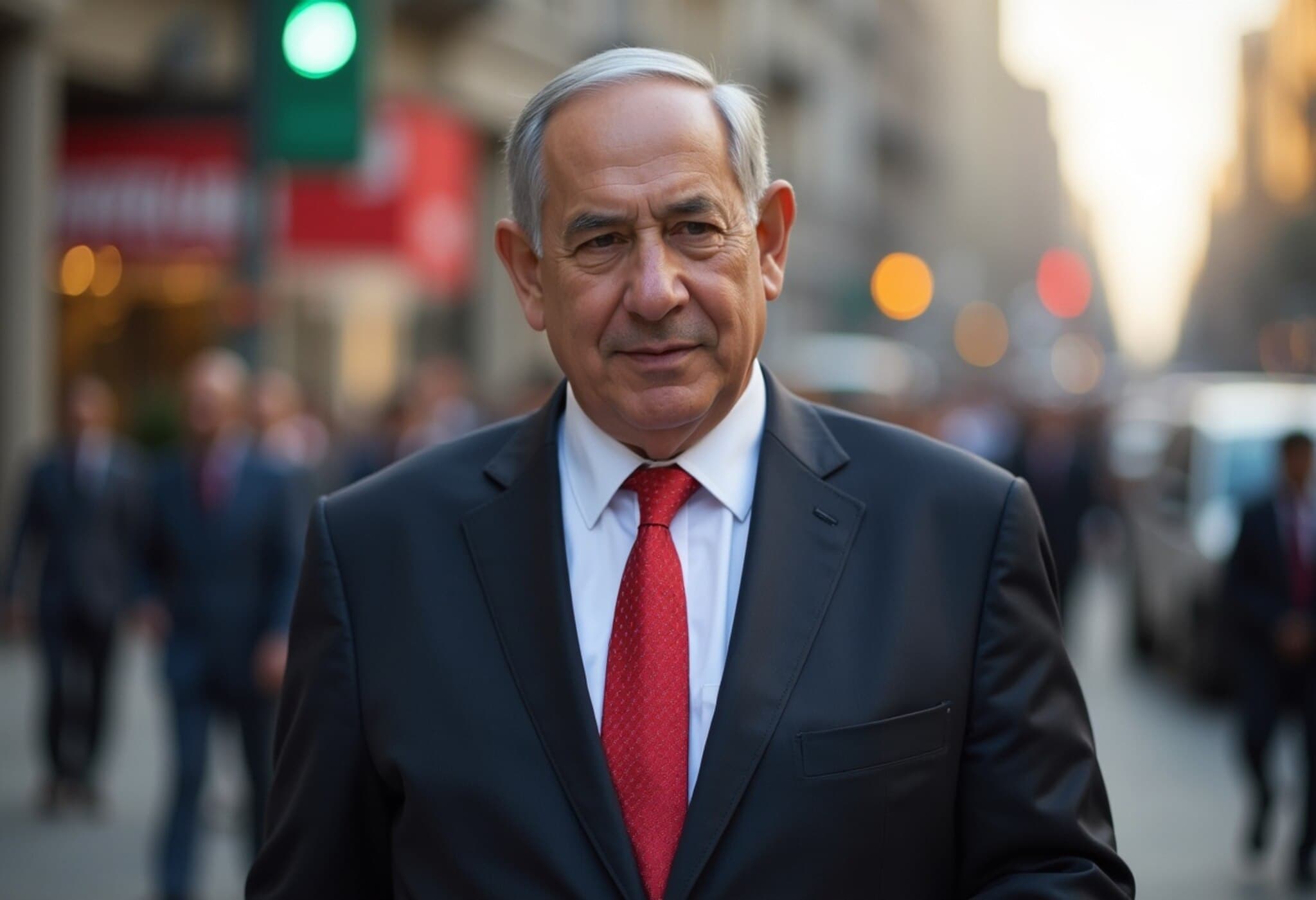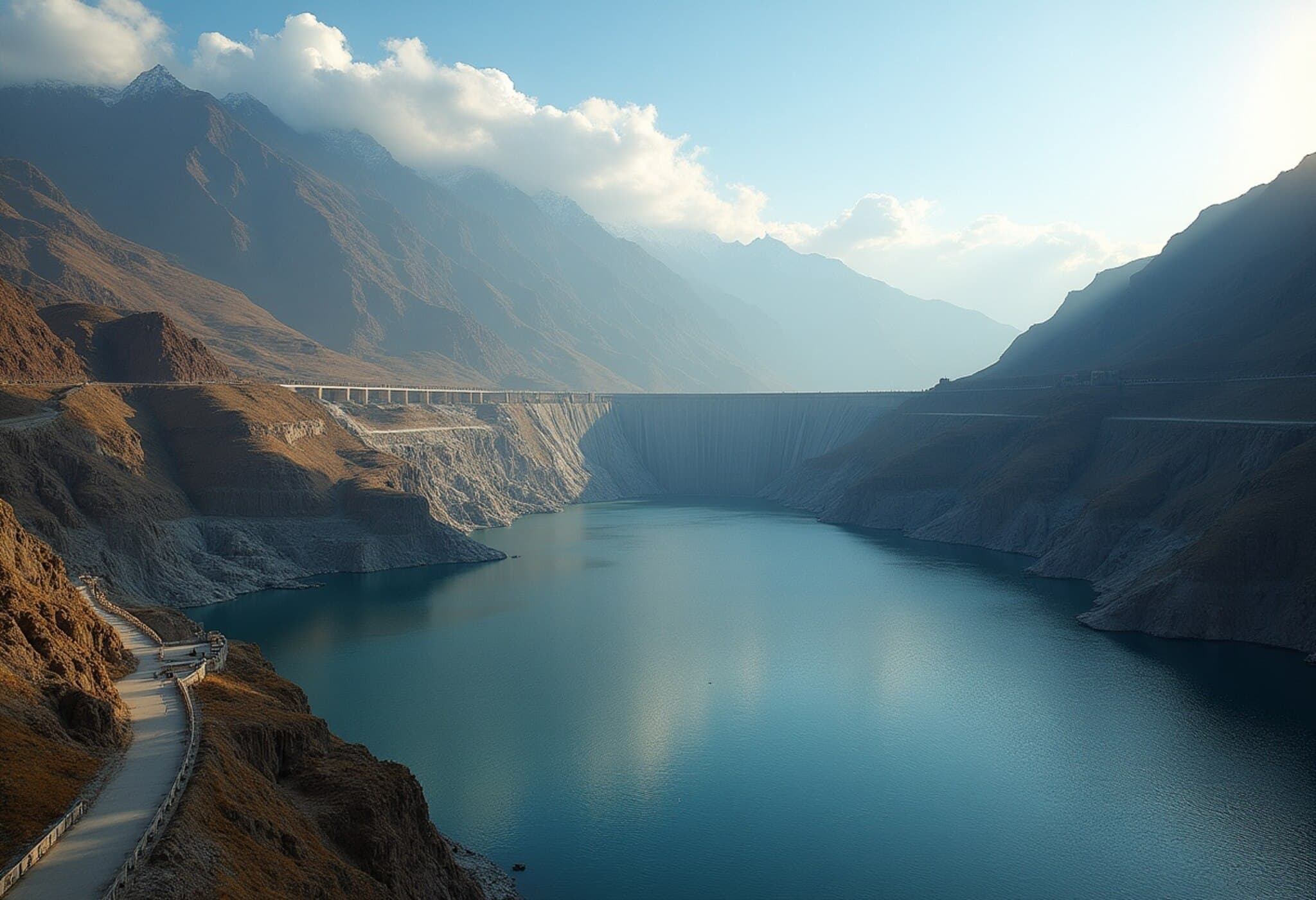Al Jazeera Journalist Anas al-Sharif and Colleagues Killed in Gaza Strike
In a devastating blow to press freedom, Anas al-Sharif, a well-known Al Jazeera Arabic correspondent, was killed in an Israeli airstrike in Gaza City. The attack on a journalist tent located outside the main gate of al-Shifa Hospital late Sunday evening claimed the lives of seven people, including al-Sharif and four of his colleagues: correspondents Mohammed Qreiqeh, and cameramen Ibrahim Zaher, Mohammed Noufal, and Moamen Aliwa.
An Unwavering Voice from Gaza’s Frontlines
At just 28 years old, al-Sharif was recognized as one of Gaza’s braver journalists, persistently reporting from the heart of the conflict despite the enormous personal risks involved. Married with two young children, he remained in northern Gaza even after his father was tragically killed in an Israeli strike in December 2023. Al-Sharif had candidly warned of “intense, concentrated Israeli bombardment” just moments before his death via a post on X (formerly Twitter). Months earlier, he had penned a message to be released if he were killed, asserting his unwavering commitment to truth despite enduring “pain, grief and loss repeatedly.”
Global Outcry and Condemnations
Al Jazeera immediately condemned the attack as a "blatant and premeditated assault on press freedom," emphasizing that al-Sharif was targeted far from any frontline combat zones. Mohamed Moawad, Al Jazeera’s managing editor, stressed: "They were targeted in their tent; they weren’t covering from the front line." International advocacy groups, including the Committee to Protect Journalists (CPJ), expressed shock and called for accountability, noting a disturbing pattern where Israel labels journalists as militants without presenting credible evidence. The Palestinian Journalists’ Syndicate described the strike as a “bloody crime” and an assassination.
Israel Defense Forces’ Allegations
The Israel Defense Forces (IDF) confirmed responsibility for the strike but justified it by alleging that al-Sharif was not merely a journalist but also a member and leader of a Hamas cell involved in coordinating rocket attacks on Israeli civilians and military targets. The IDF cited recovered documents from Gaza — purportedly including training records and salary information — as evidence of his affiliation. They also claimed that precision weaponry, aerial surveillance, and intelligence were utilized to minimize civilian casualties.
However, these claims were met with skepticism and outright rejection by Al Jazeera and press freedom organizations worldwide. The UN Special Rapporteur on freedom of expression described the IDF’s accusations as “unsubstantiated” and condemned them as a “blatant assault on journalists.” The incident raises grave concerns about the safety of journalists reporting amid conflict, especially given recent trends of conflating reporters with combatants.
The Larger Implications for Press Freedom in Conflict Zones
This tragic event underscores the treacherous environment for journalists operating in conflict zones, especially in Gaza — one of the most tightly controlled and dangerous areas for press coverage. When reporters lose their lives while performing their fundamental duty to inform the world, it not only silences voices from the ground but also erodes global understanding of complex humanitarian crises. The targeting of media professionals threatens the free flow of information, a pillar of democratic societies and international human rights.
Amid the brutal conflict and headlines, it’s critical to remember that journalists like Anas al-Sharif risk everything to illuminate truths that might otherwise go unheard. Their deaths are not just personal losses but profound blows to press freedom and public knowledge.
Editor’s Note: Reflecting on Journalism, Conflict, and Accountability
More than ever, the international community faces difficult questions about protecting journalists in volatile environments. Are existing mechanisms sufficient to safeguard media workers on the frontline? How do we navigate claims of dual allegiances while ensuring due process and respect for press independence? Anas al-Sharif’s tragic death prompts us to confront these challenges and recommit to upholding the principles of a free and fearless press — a vital lifeline in times of war and peace alike.
This coverage was prepared by experienced journalists dedicated to uncovering the complex realities behind conflict reporting, striving to deliver an accurate, empathetic understanding of events shaping the world today.








